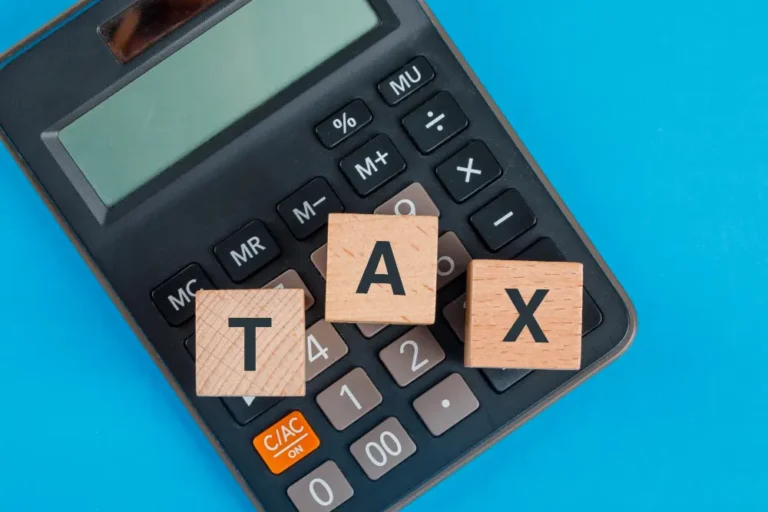Tax season can be daunting for many, especially for those filing their taxes for the first time. One of the most confusing aspects of taxes is understanding which deductions you are eligible for and how to claim them. To help beginners navigate this complex topic, we have compiled a comprehensive tax deductions tutorial. So, buckle up and get ready to gain a better understanding of tax deductions.
What are Tax Deductions?
Tax deductions are expenses that can be deducted from your taxable income, reducing the amount of tax you owe. These expenses include charitable contributions, mortgage interest, and medical expenses. Tax deductions are a way for the government to incentivize certain behaviours or actions by providing a tax break. For example, investing in a retirement account may be eligible for a tax deduction as the government wants to encourage individuals to save for their future.
Types of Tax Deductions
There are several types of tax deductions that you may be eligible for, and it’s essential to understand each one to maximize your tax savings. Here are some of the most common types of tax deductions:
1. Standard Deduction – This is a fixed amount the government allows all taxpayers to deduct from their taxable income. The amount varies depending on your filing status, and for 2020, it is $12,400 for single filers, $18,650 for head of household, and $24,800 for married couples filing jointly.
2. Itemized Deductions – These specific expenses can be deducted from your taxable income if they exceed the standard deduction amount. Itemized deductions include state and local taxes, mortgage interest, charitable contributions, and medical expenses.
3. Above-the-Line Deductions – These deductions can reduce your adjusted gross income (AGI), the amount of income used to calculate your tax bill. Above-the-line deductions include student loan interest, alimony payments, and contributions to a traditional IRA.
4. Below-the-Line Deductions – These are also known as miscellaneous deductions and are only available after calculating your taxable income. They include unreimbursed job-related expenses, tax preparation fees, and gambling losses.
How to Claim Tax Deductions
Claiming tax deductions can be overwhelming, but it’s crucial to do it correctly to avoid any issues with the IRS. Here are the steps you need to follow to claim tax deductions:
1. Determine if you are eligible for itemized deductions. If your itemized deductions exceed the standard deduction, it may be beneficial to enumerate them instead of taking the standard deduction.
2. Keep track of your expenses – Keeping receipts and records to back up your deductions is essential. This is especially important for itemized deductions, as the IRS may request proof of your expenses.
3. Fill out the appropriate forms – If you use tax preparation software, it will generally ask you questions to determine your eligibility for deductions and fill out the forms accordingly. If you are filing manually, you must fill out Form 1040 and Schedule A if you are itemizing deductions.
4. Double-check for accuracy – Before submitting your tax return, double-check all the information regarding your deductions for accuracy. The last thing you want is to have your return rejected or be audited by the IRS.
Conclusion
Understanding tax deductions is crucial for maximizing your tax savings. By knowing the types of deductions available, how to claim them, and diligently tracking your expenses, you can reduce your taxable income and possibly owe less in taxes.
However, it’s essential to note that tax deductions are constantly changing, so it’s always best to consult with a tax professional or use reliable tax preparation software to ensure accuracy. With this tutorial, we hope you have gained a better understanding of tax deductions and feel more confident in filing your taxes.
FAQs about Tax Deductions
Q: What is the difference between a tax deduction and a tax credit?
A: A tax deduction reduces your taxable income, while a tax credit directly reduces the amount of tax you owe. For example, if you have a tax deduction of $1,000 and are in the 12% tax bracket, your tax bill will be reduced by $120. If you have a tax credit of $1,000, your tax bill will be reduced by $1,000.
Q: Can I claim deductions if I own a business?
A: Yes, if you are self-employed or own a business, you may be eligible for additional deductions such as office expenses, employee salaries, and business-related travel expenses.
Q: What happens if I claim deductions I’m not eligible for?
A: Claiming deductions you are not eligible for can result in penalties and interest on the amount owed. In some cases, it may also lead to an audit by the IRS.
Q: Can I deduct my home office expenses?
A: Yes, if you work from home and have a designated space, you may be eligible to deduct certain expenses such as utilities, internet, and rent or mortgage interest.
Q: Are there any changes to tax deductions due to the COVID-19 pandemic?
A: Yes, the CARES Act has made some changes to tax deductions for 2020, including a temporary suspension of the limit on charitable contributions and an above-the-line deduction for up to $300 in cash contributions to charities for those who do not itemize deductions.






